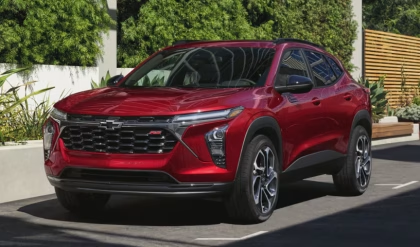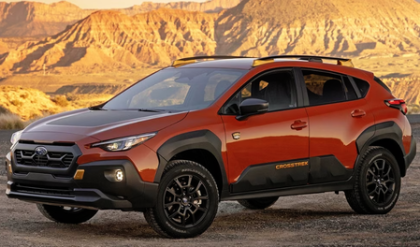The V12-powered icon brought Formula 1 tech to the streets, redefining supercar performance when it debuted in 2002.
The Birth of a Legend: Inspired by Racing Royalty
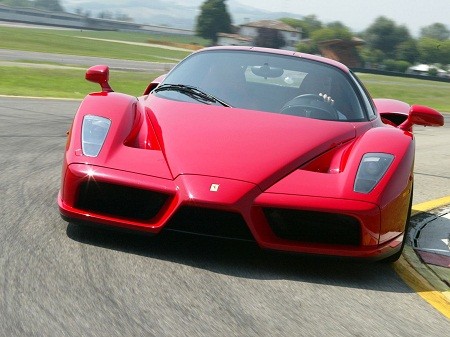
In the early 2000s, Ferrari was riding high on the success of its dominant Formula 1 program, with Michael Schumacher bringing home championship titles and solidifying Scuderia Ferrari as the team to beat. Leveraging this motorsport momentum, Ferrari sought to build a road car that would not only honor its legendary founder, Enzo Ferrari, but also showcase the bleeding edge of F1 technology in a street-legal form. The result? The Ferrari Enzo, a supercar that redefined automotive performance when it was unveiled at the 2002 Paris Motor Show.
Codenamed F140 during development, the Enzo represented a bold leap forward for the Prancing Horse. From its carbon fiber construction to its cutting-edge aerodynamics and blistering performance, every detail of the Enzo was engineered with one purpose in mind: dominate both the road and the imagination of enthusiasts worldwide.
Ferrari Enzo: The F1 Tech Transfer

The Enzo wasn’t just another flagship Ferrari—it was the embodiment of Formula 1 engineering for public roads. With styling heavily influenced by aerodynamic efficiency rather than aesthetic tradition, the car’s sharp nose, active aerodynamics, and massive rear diffuser were all designed with one goal in mind: performance.
Ferrari built just 400 examples of the Enzo, with the final unit gifted to Pope John Paul II (later auctioned for charity). The limited run ensured exclusivity, but also contributed to the vehicle’s ever-growing mystique and collector appeal.
The Ferrari Enzo’s Design

The Enzo’s body was crafted entirely from carbon fiber and Nomex honeycomb, reducing weight while maintaining rigidity. Designed by Ken Okuyama at Pininfarina, its aggressive, F1-inspired look was a departure from the curvaceous lines of past Ferraris, signaling a new design era focused on aerodynamic function.
The doors opened in a dramatic butterfly style, and the cockpit was minimalistic yet purposeful. Carbon fiber bucket seats, F1-style steering wheel, and aluminum pedals emphasized the car’s racing DNA. While creature comforts were sparse, the Enzo delivered something far more valuable to purists: an unfiltered, visceral driving experience.
Ferrari Enzo Powertrain
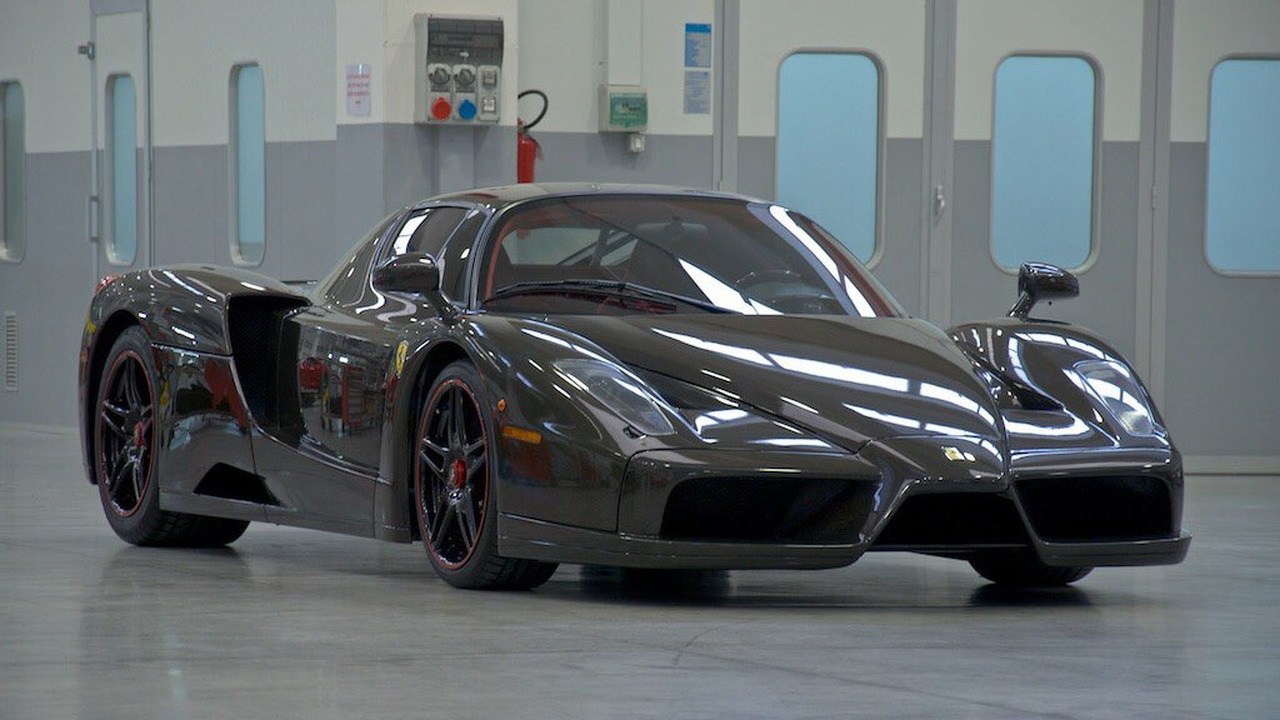
At the heart of the Enzo was a monstrous 6.0-liter naturally aspirated V12 engine, developed specifically for this model. Designated F140B, it featured dual overhead cams, variable valve timing, and a redline of 8,200 rpm. The result was 651 horsepower and 485 lb-ft of torque, channeled to the rear wheels via a 6-speed automated manual (F1-style gearbox) with paddle shifters.
The gearbox could execute shifts in just 150 milliseconds, a technological marvel at the time, giving drivers unprecedented control over the powerband. The Enzo also introduced carbon-ceramic brakes as standard, bringing the car from 100 mph to a standstill with mind-bending precision.
Ferrari Enzo Performance
The numbers speak for themselves:
0–60 mph in 3.1 seconds
Top speed of 218 mph
Quarter-mile in just 11 seconds
Lateral grip near 1.2g
But what truly set the Enzo apart was how it achieved these figures—not with brute force alone, but with finely balanced aerodynamics, F1-grade responsiveness, and a race-bred chassis. Its performance envelope felt limitless, yet it still managed to be engaging and accessible for skilled drivers.
Ferrari Enzo FXX: The Track-Only Monster
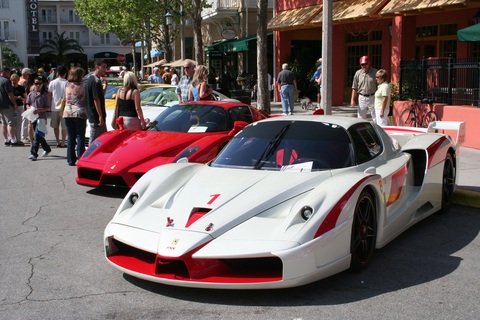
In 2005, Ferrari introduced the Enzo FXX, a track-only version of the car that pushed boundaries even further. With a power output of 800 hp, no street homologation, and bespoke Pirelli racing slicks, the FXX was Ferrari’s invitation-only program for its most elite customers. Participants could test-drive the car under Ferrari engineers’ supervision, providing feedback that would influence future Ferrari road and race cars—including the LaFerrari.
The Enzo’s Cultural Impact

Like the McLaren F1, the Ferrari Enzo became a symbol of automotive excellence. It starred in countless video games, including Need for Speed, Gran Turismo, and Forza Motorsport. Its iconic design has been featured in documentaries, music videos, and even museum exhibits dedicated to the world’s greatest automobiles.
Celebrities like Jay Kay (Jamiroquai frontman) and Floyd Mayweather were among the few fortunate enough to own one, and the Enzo has become a staple in top-tier automotive collections worldwide.
Ferrari Enzo Value and Collectability
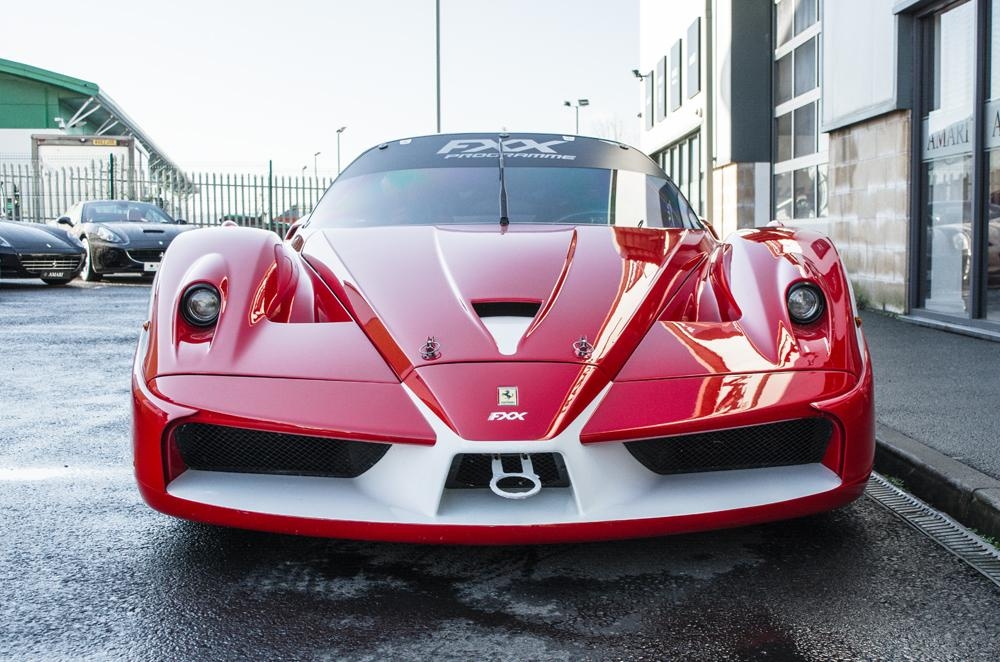
Initially priced at around $659,000, the Enzo was never cheap—but over time, it has become one of the most coveted supercars ever built. With only 400 units produced and a direct connection to Ferrari’s F1 dynasty, the Enzo regularly fetches $3–$4 million at auction, with some pristine models pushing past $6 million in private sales.
Ferrari Enzo Highlights
Designed as a tribute to Ferrari’s founder, Enzo Ferrari.
Debuted at the 2002 Paris Motor Show.
Only 400 units were produced worldwide.
Powered by a 6.0-liter V12 engine delivering 651 hp.
Featured a 6-speed F1-style sequential gearbox with paddle shifters.
Accelerated from 0–60 mph in 3.1 seconds with a top speed of 218 mph.
Introduced carbon-ceramic brakes as standard equipment.
Spawned the FXX, a track-only version with 800 hp and cutting-edge telemetry.
Featured in games, shows, and global collections, solidifying its cultural legacy.
Auction prices now exceed $4 million, making it one of the most valuable Ferraris ever.
